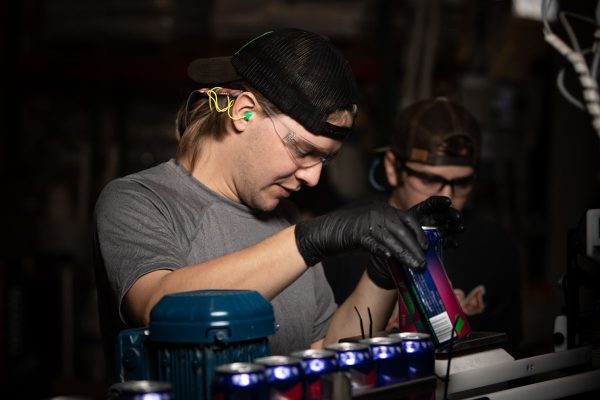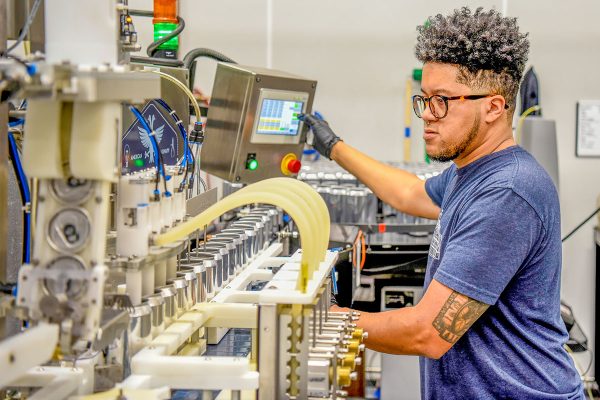When we load diatomaceous earth (DE) into the filter, we have to open all the doors and windows because we see the DE in the air. How do we know when there is too much?
The Safety Exchange Says: As you might have heard, “dilution is not the solution to pollution.” Controlling and isolating fugitive dust translates to lower exposure and a cleaner workplace.
First, look for filter media that are silica-free or switch to a filtration process that doesn’t use DE. This can be expensive. If it is not an option where you work, then try isolation techniques to keep the respirable dust as low as possible. Store bags of DE in lidded plastic barrels. Scoop and dump it gently to avoid creating a cloud. Using scoop-count instead of weighing each time will reduce transfers of the DE. Drag the barrel close to the filter when loading, so you don’t leave a trail of DE. If you keep a service hose nearby, you can “knock down” a dust cloud with a spray of water.
Besides isolation and hydration you could install ventilation that sucks the dust away, but ask yourself where that dust cloud goes and who might become exposed? If after all this you are still generating a cloud, seek the help of an industrial hygienist to record typical exposures and make recommendations on respiratory protection. More information see OSHA’s Final Rule to Protect Workers from Exposure to Respirable Crystalline Silica.






